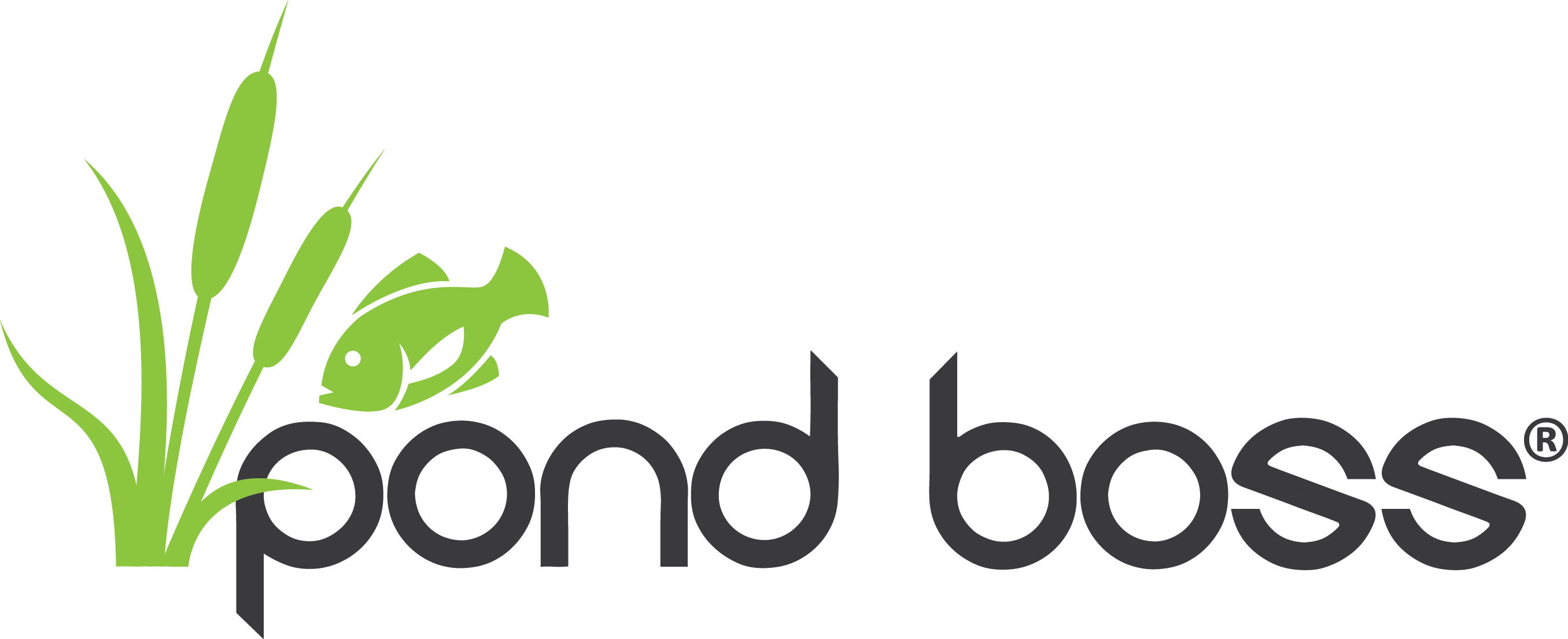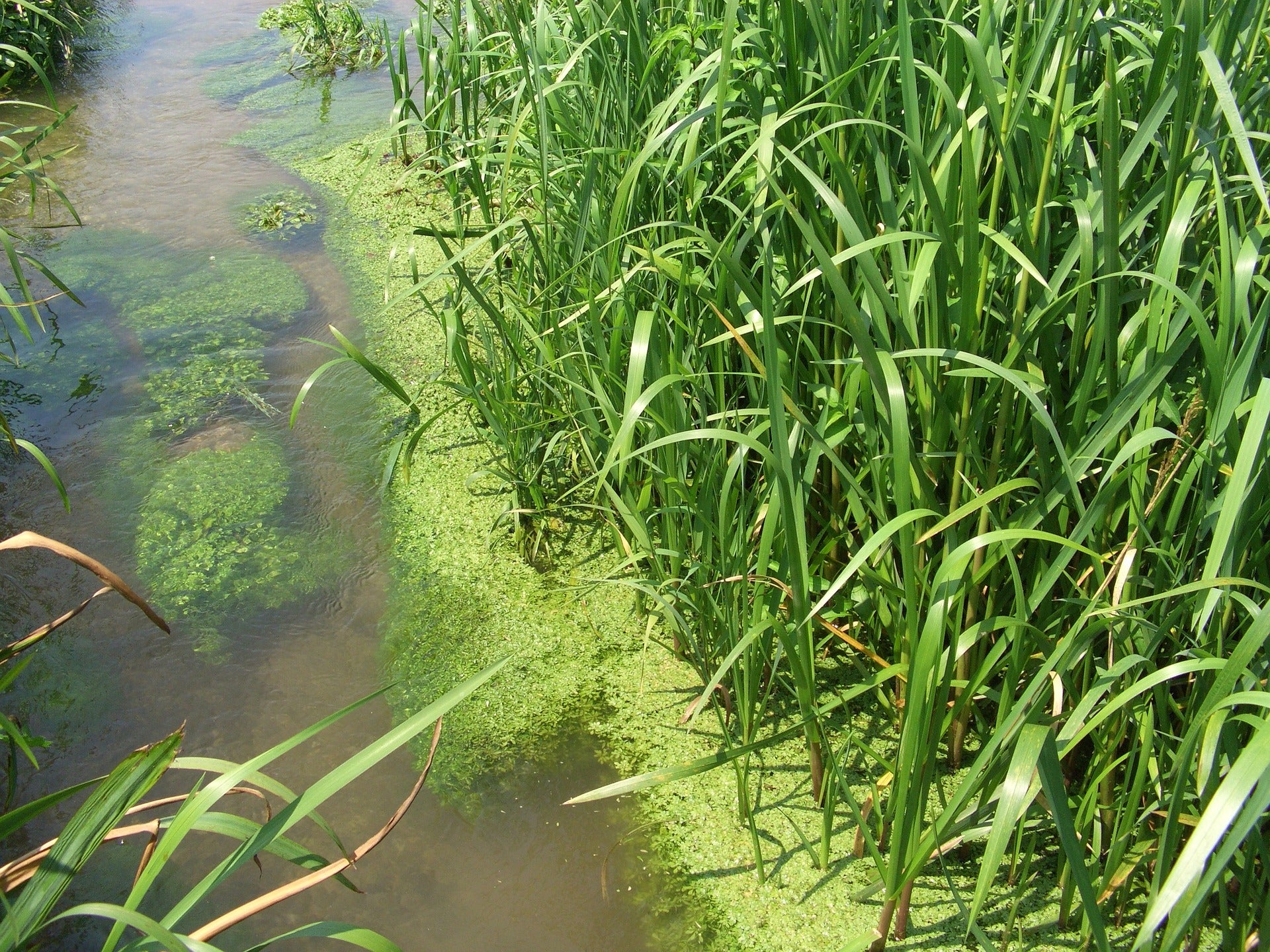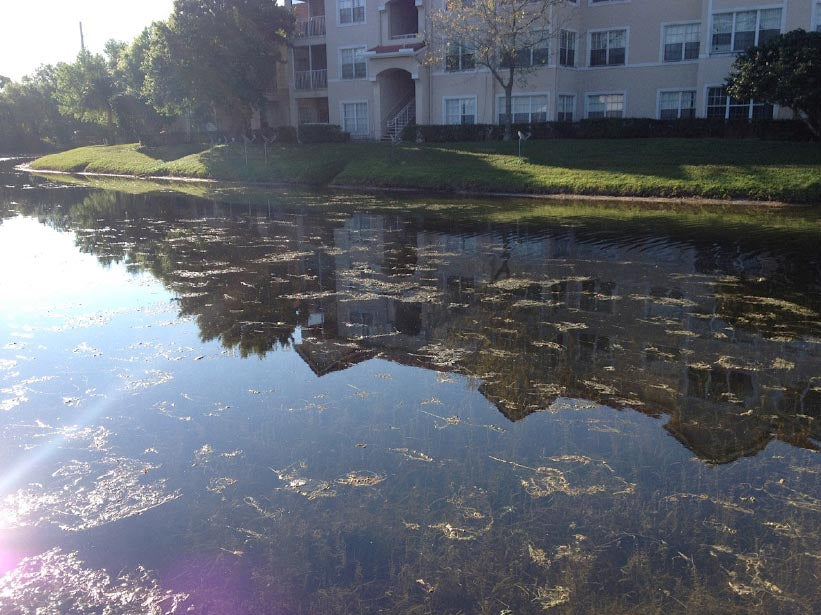
Bio-Loads and Lake Nutrients: Getting the Balance Just Right
Lake nutrients are a key part of lake management. Without the proper nutrients, your fish can die, your plants can wilt and die off, and your water can become cloudy or overrun with algae. You may even end up with a foul “lake smell” that is extremely unappealing. Yet, with the right tools, equipment, and know-how, you can take charge of your lake and ensure that nutrient levels are right where they should be.
What is Bio-Load and What Effects Does It Have on the Lake?
Bio-load is everything organic within a specific area—from fish and frogs to decomposing plants and excrement. It even includes items like uneaten food pellets, fungi, and bacteria. All of these items play an important role in the “bio cycle” of your lake.
Every organism produces waste. The life within your lake uses other organisms’ waste for specific purposes. Having too much of a particular type of waste can create an imbalance in your lake and a disruption in the life cycle of your pond.
The Bio-Load Cycle and the Nutrients in Your Lake
Plants and fish require certain nutrients to survive. Plants need phosphorus, nitrogen, and carbon in addition to sunlight. Fish need oxygen, water, and food. When fish “breathe,” they release ammonia. Fish excrement, excess food, and decomposed plants also produce ammonia. Certain bacteria gradually change ammonia into nitrates. These nitrates act as plant fertilizer and provide much-needed nutrients to the fish. They also create the bacterium that is needed to convert the ammonia as well.
Balancing Lake Nutrients
Getting the right balance in your lake requires just the right amount of fish, plants, and bacteria. Man-made lakes often cannot balance themselves. They may need the use of aeration equipment or water treatments. Part of the lake management process is deciding whether your lake needs this equipment and the best ways to use it.


